Conservation
The project, developed in collaboration with , the Ministry for Ecological Transition and the Demographic Challenge (MITECO) and the environment and fisheries departments of Galicia, Asturias and Cantabria, seeks to implement a series of actions aimed at improving the conservation status of the European shag (Gulosus aristotelis) in these autonomous communities, through participation, innovation and governance.
Through a participatory process, with the involvement of local actors and key sectors in the conservation of the species, the opportunity arises to address the main threats to the species derived from human activities, improving and promoting coordination and cooperation between the three autonomous communities and the General State Administration.
The project includes the implementation of innovative measures to improve the conservation of this species with the participation and collaboration of the sectors involved in the process.
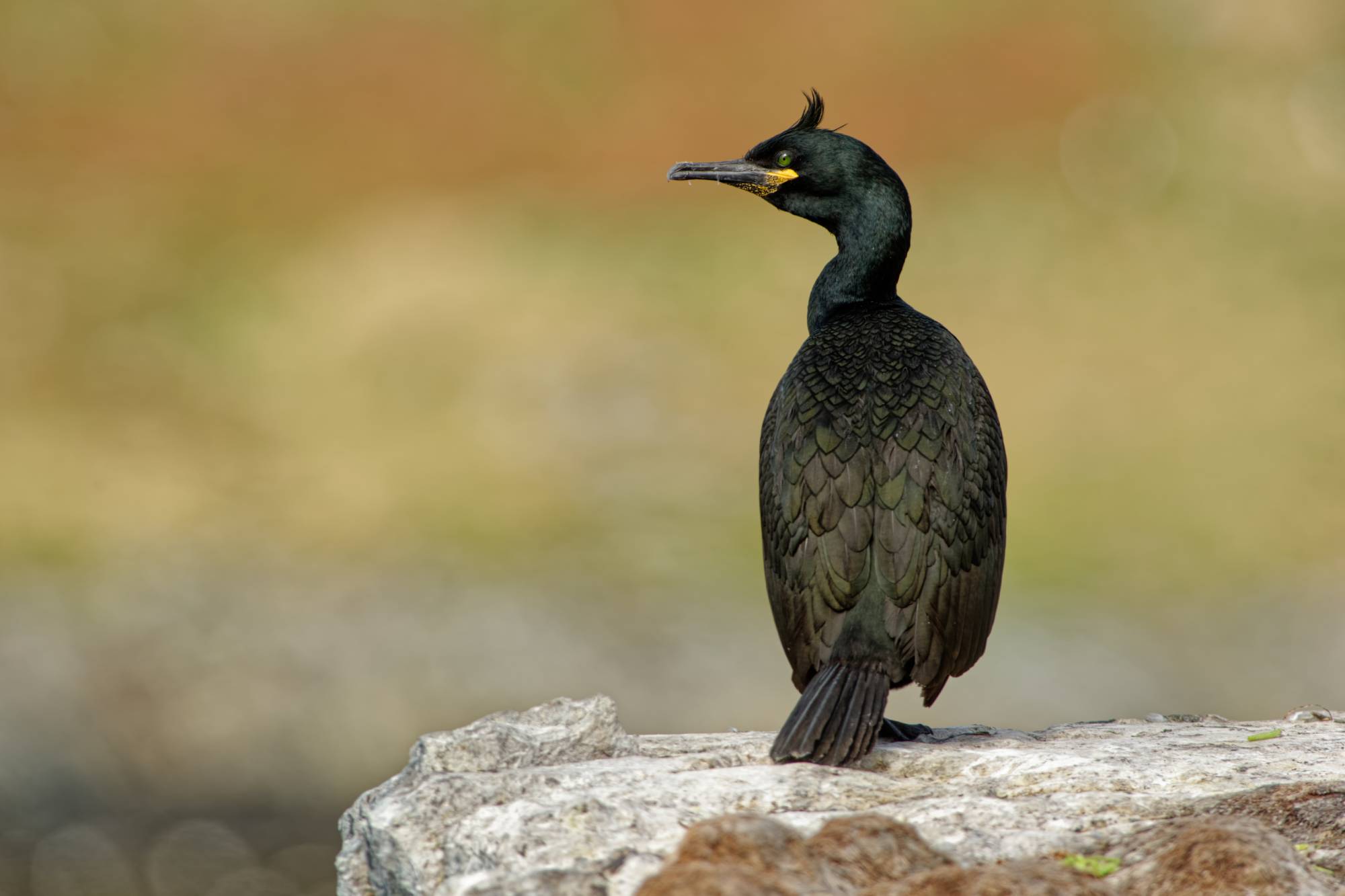
Atlantic Islands Maritime-Terrestrial National Park of Galicia, the sites SAC/SPA Penarronda-Barayo, SAC/SPA Cabo Busto-Luanco, SAC Ichnite Sites and Ría de Ribadesella-Ría de Tinamayor SAC/SPA, SAC/SPA Ría del Eo estuary, SAC/SPA Ría de Villaviciosa estuary, and SAC Playa de Vega located in Asturias; and the Rías Occidentales and Oyambre Dune SAC and the Portios-Isla Conejera-Isla Conejera-Isla de Mouro Islets Marine Area SPA and the Marismas de Santoña, Victoria, Joyel and Ría de Ajo SPAs located in Cantabria.
In progress, project started in October 2023.
The Ministry for Ecological Transition and Demographic Challenge is promoting, in collaboration with the Government of the city of Ceuta and the Research Foundation of the University of Seville, the development of a protocol for the control of the invasive algae Rugulopteryx okamurae to reduce its area of distribution, within the framework of LIFE INTEMARES. The validation of this protocol will be carried out through a demonstrative experience in the intertidal zone of the protected maritime-terrestrial area of Monte Hacho.
In addition to limiting the advance of the invasive algae, the protocol focuses on analysing the impact and minimising the pressures it exerts on the ecosystem and the native species that thrive in it, such as the Patella ferruginea, a species declared in danger of extinction by the Spanish Catalogue of Threatened Species.
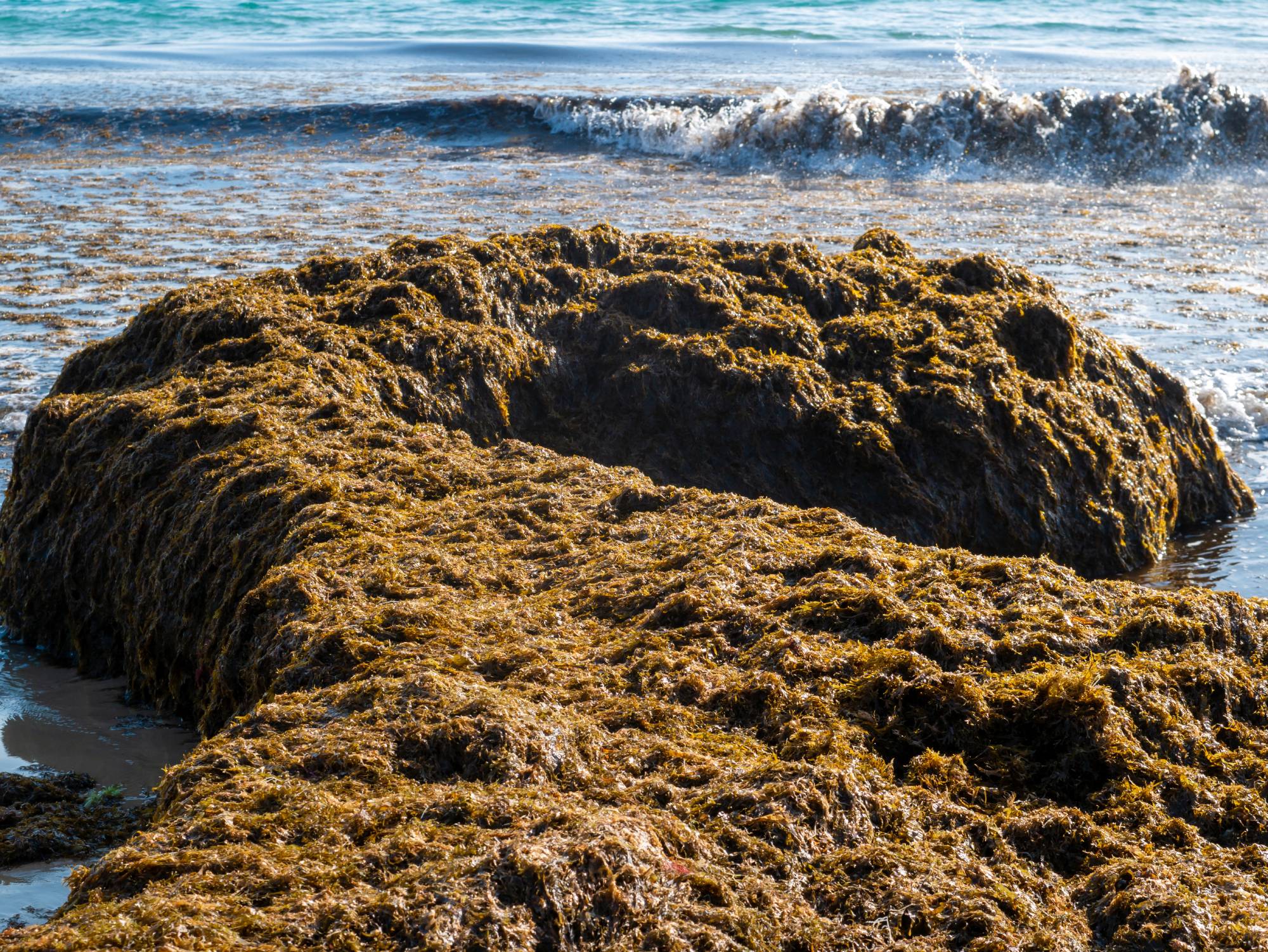
Draft monitoring protocol. In the process of monitoring and reviewing its actions in the pools.
The Ministry for Ecological Transition and the Demographic Challenge is promoting, in collaboration with the Generalitat Valenciana, a project that seeks to contribute to the spread of colonies of the endangered species of the Vermetidae Dendropoma lebeche, which forms part of the marine and coastal ecosystems of the Valencian Community, with the aim of improving its conservation status.
This species acts as a bio-indicator of pollution levels, sea level and temperature changes due to its high sensitivity. At present, it is affected by different impacts caused by human activities, such as changes in the composition of the water following the construction of dykes and breakwaters. In addition, it is a species with a limited capacity to spread.
In this context, the project aims to promote the dispersal of larvae in areas where the ecological conditions necessary for their development are present, through the selection of donor colonies and receiving colonies.

Coastline of the Valencian Community
Following up on the installation of the donated colonies.
The project aims to test the general criteria document for trash fishing at national level, with the involvement of the fishing sector.
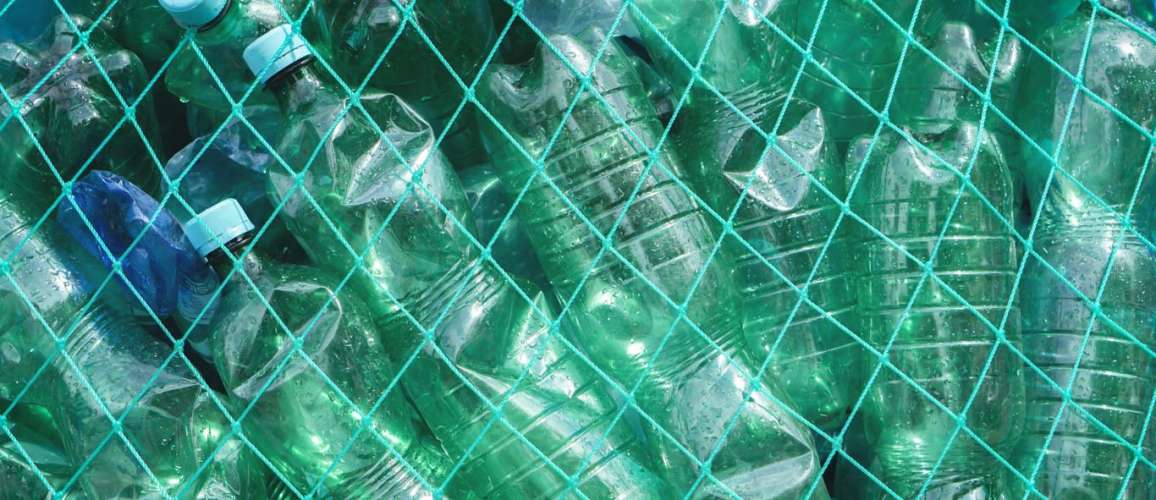
Port of Camariñas, in A Coruña (Galicia), and port of Algeciras in Cádiz (Andalusia).
A protocol for lost and abandoned fishing gear has been drawn up, which will serve as a reference for the procedure for dealing with lost or abandoned fishing gear.
The project aims to test the protocol for the removal of lost or abandoned gear, which includes a tool for decision-making on its removal.
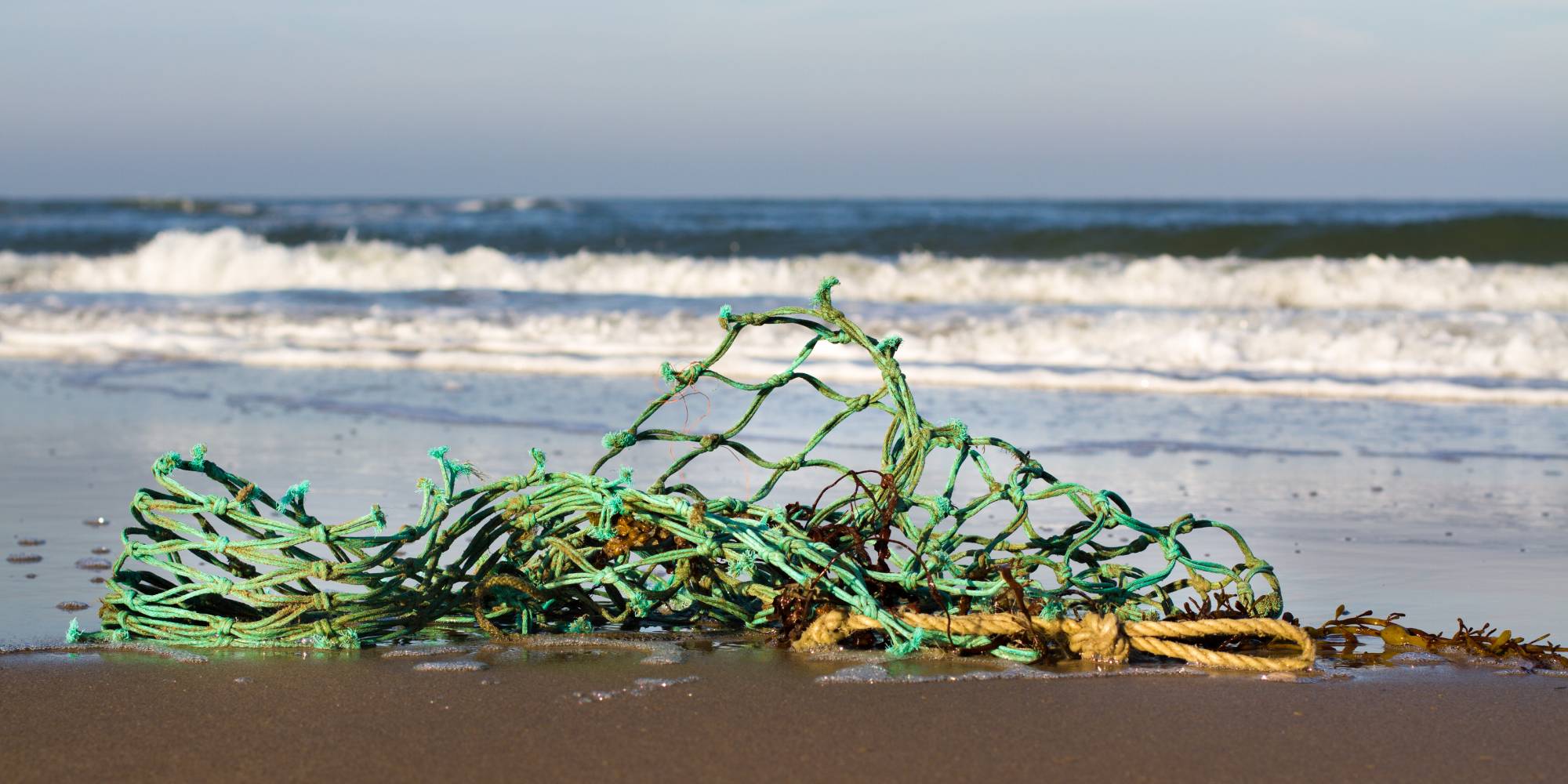
final protocol and tool for the removal of lost or abandoned gear (APPA) was published in June 2023.
The project aims to test new technologies using thermal cameras and artificial intelligence (AI)-based software for the detection of cetaceans, especially sperm whales, from passenger vessels, with the objective of avoiding and reducing accidental collisions.

Canary Islands.
The project aims to develop a programme of measures to minimise cetacean collisions in the Canary Islands. To this end, oceanographic campaigns for detection and satellite tagging are being carried out to analyse their distribution in the archipelago and their possible interactions with vessels.

Canary Islands.
First results of the species distribution analysis.
The project aims to develop a programme of measures to minimise cetacean collisions in the Balearic Islands. To this end, oceanographic campaigns for detection and satellite tagging are being carried out to analyse their distribution in the archipelago and their possible interactions with vessels. Subsequently, one of the proposed measures will be tested as a pilot project.
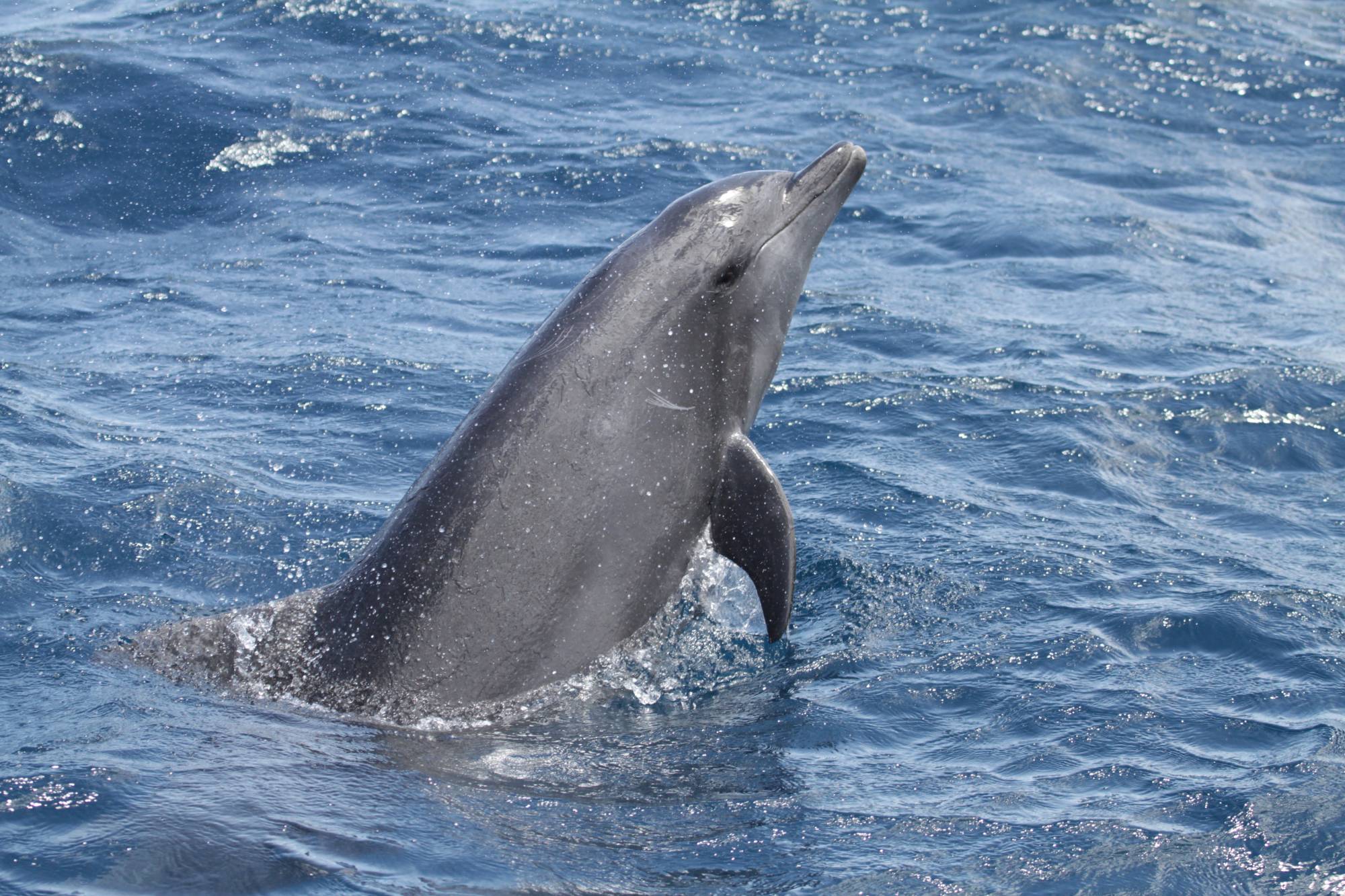
Balearic archipelago and Ibiza channel.
First species distribution analysis campaigns.
The project aims to test different navigation techniques and non-invasive technologies to minimise recent episodes of interaction between killer whales and vessels, ensuring the safety of crew and animals.

Subscribe to the LIFE INTEMARES Newsletter